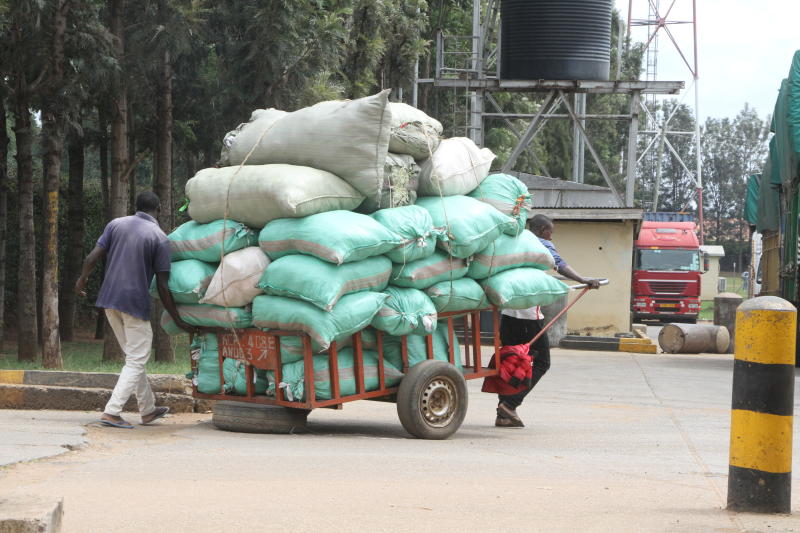
No sooner were we through with the Chinese in Gikomba than we turned to our neighbours to the south, Tanzania. While China may be seen as a rising power, a countervailing force to American influence, it’s not clear why we should rant against Tanzanians.
In street conversations we look down upon Tanzania because of her Ujamaa background. Yet the country has solved the biggest problem in Africa, tribalism. Now they can embark on economic growth, which is much easier than resolving the socio-psychological problem called tribalism.